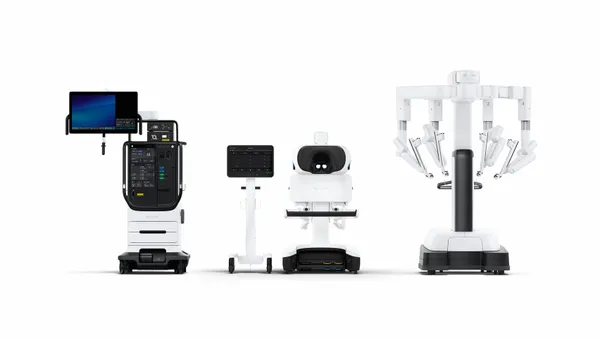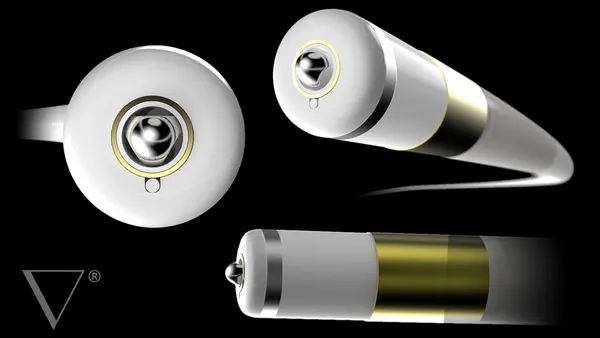Dive Brief:
- Philips contends that exposure to volatile organic compounds (VOCs) in certain recalled sleep apnea and ventilator machines is not typically associated with long-term health consequences for patients.
- The company argued in a Thursday update that following further testing from an outside medical panel and Philips, "exposure to the level of VOCs identified to date for the first-generation DreamStation devices" isn't expected to lead to any long-term harm. The additional testing was for first-generation DreamStation devices, which make up the majority of the millions of machines recalled earlier this year.
- Despite the testing update, the company did not change any guidance for physicians or patients that was given due to the recall. Philips also didn't say whether patients are at risk of any short-term or medium-term health problems. "The results from additional DreamStation PE-PUR sound abatement foam testing and toxicologic assessment to date indicate that VOCs do not exceed safe exposure thresholds specified in the applicable safety standards (e.g. ISO 18562), and are not typically anticipated to result in long-term health consequences for patients," Philips said in an emailed statement. "Using conservative health-protective exposure thresholds, the additional testing suggests no increased risk for adverse health effects in the general patient population nor the higher risk patient population as a result of VOC exposure."
Dive Insight:
Philips' recall of millions of sleep apnea and ventilator machines has been one of the biggest stories in medtech all year. The company was forced to pull between 3 million to 4 million devices due to health risks for users once foam used to dampen the noise of the machine breaks down, which can cause patients to ingest or inhale particles and possibly be exposed to toxic chemicals.
While Philips tested exposure to VOCs, it has not yet released data regarding exposure to broken down foam particles.
"This new assessment is limited to the evaluation of VOCs for first-generation DreamStation devices, and does not evaluate the risks of potential foam particulates or cover other devices affected by the recall. Further health risk assessments are ongoing," Philips said in the Thursday statement.
Since the June recall, Philips has faced criticism for how it was handled, including claims that users were not notified after it was initiated.
The recall opened the door for rival ResMed to steal market share from Philips, which could permanently alter the makeup of the sleep apnea space.
Philips began replacing the foam in machines, or the machines altogether. The FDA, however, recently put out a safety advisory warning that the replacement foam may present health risks as well.
Since the recall, Philips has been conducting safety assessments of the exposure to the degraded foam and "certain volatile organic compounds" in first-generation DreamStation machines, the company said Thursday.
"At the time the recall notification was issued, Philips Respironics relied on an initial, limited data set and toxicological risk assessment," the company said in its statement. "Since then, using ISO 18562 guidance, VOC toxicological risk assessments were performed by certified testing laboratories and a qualified third-party expert based on the initial and new VOC testing performed to date."
The company has given the new data to the FDA as well as other regulators and will share the results with patients and healthcare providers. Philips added that comprehensive particle testing and analysis should be completed by the second quarter of 2022.
Philips said that it "is important to note that the tested DreamStation devices were not exposed to ozone cleaning, in accordance with the instructions for use." The company has blamed foam breakdown on "unapproved cleaning methods such as ozone."
ResMed CEO Mick Farrell took a shot at Philips in a statement earlier this month, claiming that the foam used in ResMed products is more durable.
"We reevaluate our testing when other device makers raise concerns," Farrell said in the Dec. 6 statement. "The information we've reviewed from Philips' recall of its devices, and our detailed analysis of our materials and products, confirm that ResMed devices are safe to use."
This article was updated to include a statement from Philips.












